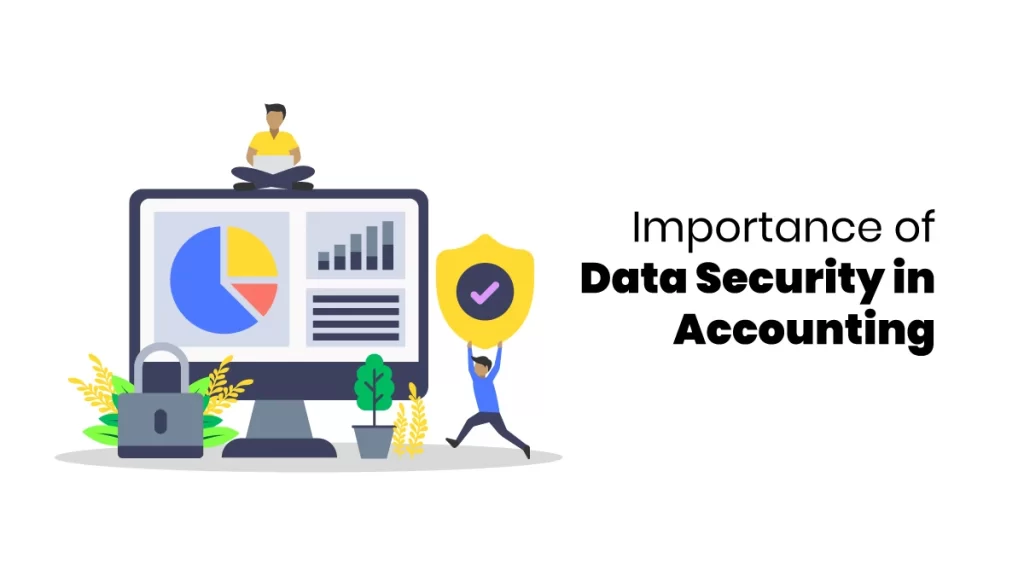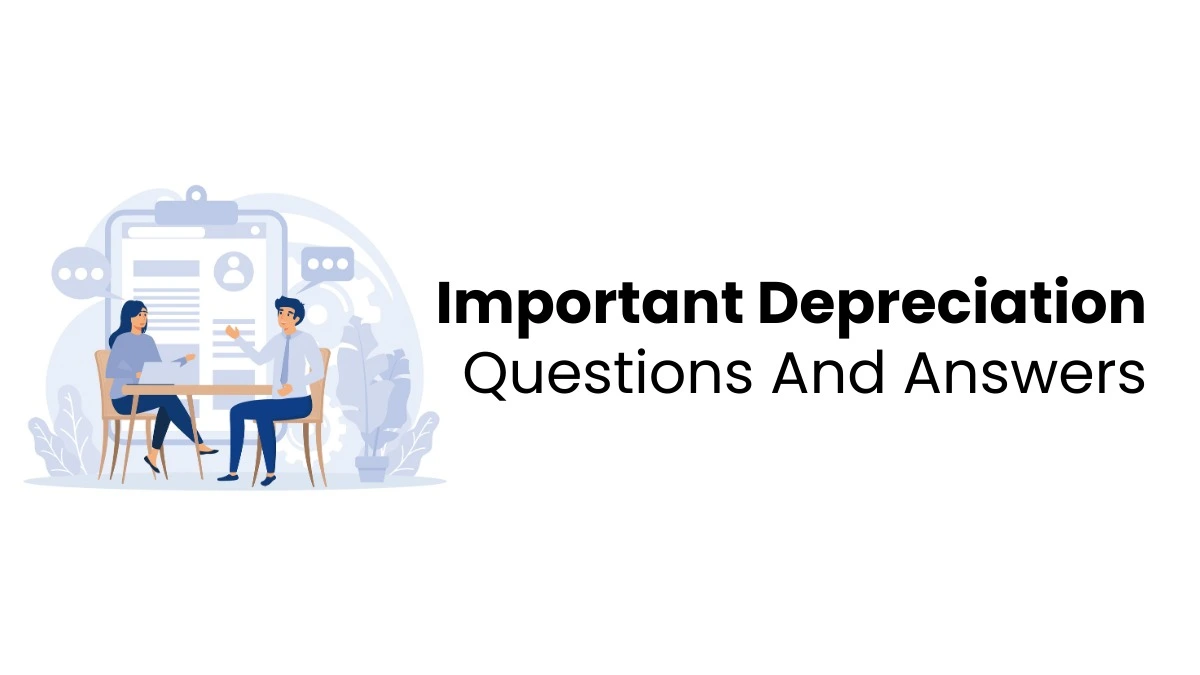With accounting going digital, protecting financial information has become crucial. Cybercriminals are always finding new ways to steal data, putting both accountants and their clients at risk. Since financial data is sensitive, strong security is needed to build trust, follow legal rules, and prevent expensive issues. But staying secure isn’t easy—accounting firms face several obstacles in keeping information safe. Understanding these data security challenges in accounting is key to creating a safer space for managing financial data online.
Data Security in Accounting
Data security in accounting aims to protect financial information from being accessed, shared, changed, or deleted without permission. Accounting firms do this to keep financial data safe and accurate.
Importance of Data in Security Accounting
Data security is necessary in accounting because it protects sensitive financial information from unauthorized access, theft, or loss. Accounting involves handling individuals’ and businesses’ personal and financial data, making them a prime target for cybercriminals. Here are some key reasons for the importance of data security in accounting:
Protects Private Information
Financial records contain sensitive information about clients and businesses. Data security in accounting helps keep this information safe, maintain trust, and protect privacy.
Prevents Financial Loss
A data breach can cause severe financial losses for clients and the accounting firm. Protecting data helps prevent these costly issues.
Ensures Compliance
Accounting firms must follow strict rules to protect data. Security measures help firms follow these rules and avoid fines and legal problems.
Builds Client Trust
Clients trust accountants with their personal information. Strong data security strengthens this trust and builds better client relationships.
Reduces Fraud Risks
Securing financial data helps prevent fraud and unauthorized changes to financial records. To understand this properly, practical accounting training is the best option. It will help you gain more knowledge about the accounting industry.
Practises for Accounting Data Security
Even though it’s harder to protect against changing threats, accounting practices can still take steps to improve security.
User Authentication
Authentication helps to stop unauthorized people from accessing data. Strong, multi-factor authentication ensures only the right people can access sensitive financial information. This could include passwords, fingerprints, or smart cards.

Data Encryption
Encrypting financial data, whether it is sent or stored, is important. Encryption makes data unreadable, so even if someone gets access to it, they won’t understand it.
Regular Software Updates
Old software is easier for cybercriminals to exploit. Studies show that 80% of organizations with a data breach could have avoided it by updating their software on time.
Secure Network and Firewall Settings
Setting up secure network settings and strong firewalls helps protect against unauthorized access. Properly separating parts of the network keeps the rest safe, even if one part is attacked.
Organize Employee Training
Human error is a major cause of data breaches, with some reports saying 95% of breaches happen because of it. Regular cybersecurity training helps employees recognize phishing attempts, scams, and other tricks.
Monitor and Audit Access to Financial Data
Using tools to monitor and track who accesses financial data is important. This helps quickly detect suspicious activity and ensures that your business follows all rules and regulations.
Do Regular Data Backups
Regular backups protect against data loss from cyberattacks or system problems. If a breach happens, having backups lets your organization quickly restore financial data and reduce downtime.
Challenges of Data Security Accounting
Let’s read about the challenges which are facing in data security in accounting;
- Cybercriminals keep creating new hacking methods, such as malware, ransomware, and phishing, making it hard to stay ahead.
- Mistakes like clicking on unsafe links or using weak passwords can lead to data breaches. Training staff is important but challenging to maintain consistently.
- Accounting uses many tools and platforms, complicating securing data across all devices and systems.
- Old software may have vulnerabilities that hackers can exploit. Updating to newer systems can be challenging.
- Accounting firms must follow strict security rules, which often change. Staying compliant requires time and resources.
- Small accounting firms may need more money or teams to maintain strong security, making them more risky.
- Working from home increases risks since personal networks and devices may not be as secure as those in the office.
- Firms often work with outside vendors, and if they don’t lock security, they risk the firm’s data.
These challenges make it difficult to keep accounting data safe, so firms must continually improve their security measures to protect client information. To understand these challenges in the best way, joining finance courses is the best option, as it allows learners to get proper knowledge about using data security in the accounting sector.










